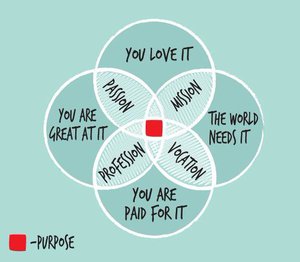White guilt is not angst
White guilt is not angst over injustices suffered by others; it is the terror of being stigmatized with America's old bigotries--racism, sexism, homophobia and xenophobia. To be stigmatized as a fellow traveler with any of these bigotries is to be utterly stripped of moral authority and made into a pariah. The terror of this, of having "no name in the street" as the Bible puts it, pressures whites to act guiltily even when they feel no actual guilt. White guilt is a mock guilt, a pretense of real guilt, a shallow etiquette of empathy, pity and regret.
It is also the heart and soul of contemporary liberalism. This liberalism is the politics given to us by white guilt, and it shares white guilt's central corruption. It is not real liberalism, in the classic sense. It is a mock liberalism. Freedom is not its raison d'être; moral authority is.
When America became stigmatized in the '60s as racist, sexist and militaristic, it wanted moral authority above all else. Subsequently the American left reconstituted itself as the keeper of America's moral legitimacy. (Conservatism, focused on freedom and wealth, had little moral clout.) From that followed today's markers of white guilt--political correctness, identity politics, environmental orthodoxy, the diversity cult and so on.
Shelby Steele, author of "Shame: How America's Past Sins Have Polarized Our Country"

